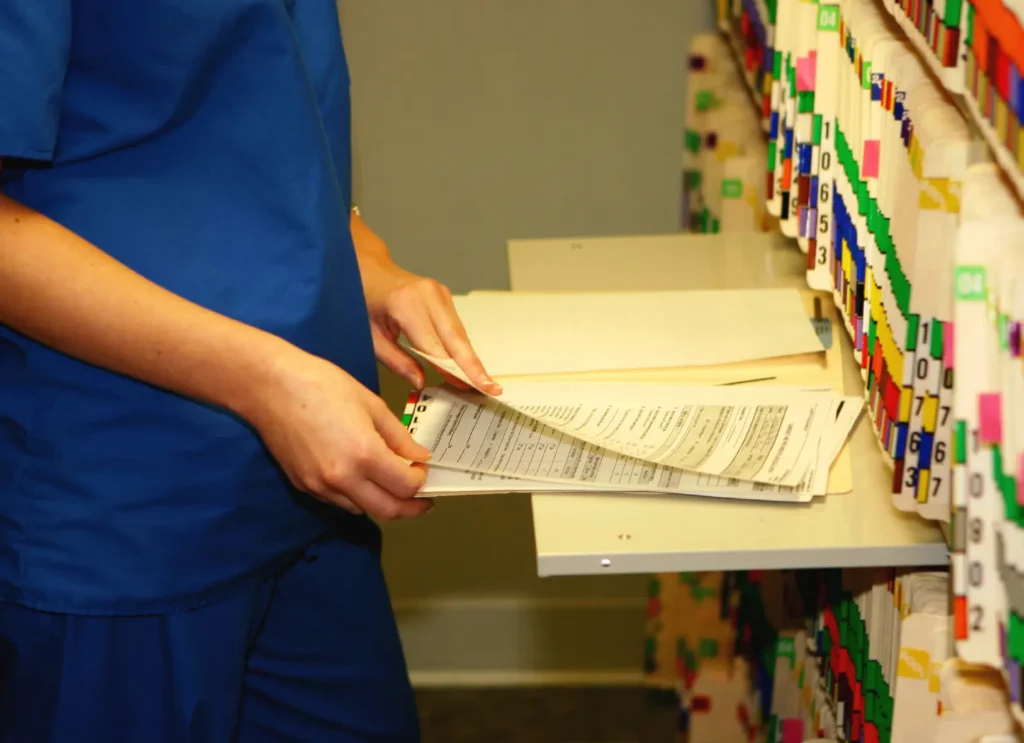Medical coding plays a crucial role in the healthcare system, ensuring that healthcare providers are accurately reimbursed for the services they provide. However, maintaining high-quality medical coding is no simple task. Errors can result in claim denials, delayed payments, and compliance issues. In this blog post, we’ll cover the top tips to improve medical coding quality, ensuring you stay compliant and boost the efficiency of your practice.
By following these expert tips, you can reduce coding errors, streamline your billing process, and maximize revenue.

What is Medical Coding Quality?
Before diving into the tips, it’s essential to understand what medical coding quality entails. In simple terms, coding quality refers to the accuracy, completeness, and timeliness of the coding process. High-quality coding ensures that healthcare claims are accurate, reducing the chances of claim denials, audits, and rejections. In turn, this leads to improved financial health for healthcare providers.
Why is Medical Coding Quality Important?
Maintaining high coding standards is vital for a number of reasons:
- Reduces Claim Denials: Accurate coding reduces the likelihood of denied claims due to incorrect codes or incomplete information.
- Compliance: Medical coding must meet strict legal and ethical guidelines. Errors could lead to audits, fines, or even lawsuits.
- Maximizes Revenue: Proper coding ensures that healthcare providers are reimbursed for all services rendered, preventing revenue leakage.
- Improves Patient Satisfaction: Accurate coding leads to fewer billing errors, which helps reduce patient complaints and improves overall satisfaction.
Tips to Improve Medical Coding Quality
Now that we’ve covered the basics, let’s explore actionable tips to enhance your medical coding quality.
- Invest in Continuous Education and Training
Medical coding rules and regulations are constantly changing. It’s important to stay up to date with the latest guidelines from organizations like the American Health Information Management Association (AHIMA) and the Centers for Medicare and Medicaid Services (CMS). Ongoing education helps coders stay knowledgeable about coding changes, new technology, and best practices.
According to AHIMA tips for maintaining productivity with new medical coders, continuous education should be a priority. Encourage your coders to participate in regular training sessions, attend webinars, and pursue coding certifications.
- Implement a Coding Quality Plan
A coding quality plan serves as a framework for maintaining high standards. It involves setting goals for accuracy, timeliness, and compliance. Your plan should include regular audits, reviews, and feedback mechanisms. Establish performance metrics to track coding accuracy and address any recurring issues. By having a plan in place, you ensure that your coders have clear guidelines to follow, and you can quickly spot any inefficiencies.
| Element | Coding Quality Plan |
| Goal Setting | Establish accuracy, compliance, and timeliness goals |
| Regular Audits | Conduct audits to ensure coding accuracy |
| Feedback Mechanisms | Provide constructive feedback to improve performance |
| Ongoing Training | Regular training sessions for continuous improvement |
3. Utilize Technology and Automation
Leveraging technology can significantly improve coding quality. Computer-assisted coding (CAC) systems and Electronic Health Records (EHRs) can help coders by automatically suggesting codes based on the physician’s documentation. This not only improves speed but also reduces human error. Moreover, automation can flag incomplete records or missing codes before claims are submitted, preventing denials.
While automation can’t replace human coders, it certainly provides a valuable safety net.
4. Foster Collaboration Between Coders and Clinicians
Coding quality often depends on how well coders and clinicians communicate. Encouraging open lines of communication between coders and physicians ensures that any discrepancies or unclear documentation are resolved quickly. Clinicians play a vital role in providing accurate and detailed information, which coders rely on to select the correct codes.
Implementing regular meetings or feedback sessions between clinicians and coders can improve documentation quality, making coding more efficient and accurate.
5. Use ICD and CPT Codes Accurately
Proper use of CPT (Current Procedural Terminology) and ICD (International Classification of Diseases) codes is essential for maintaining coding quality. Coding errors are a frequent cause of claim denials, making accurate coding critical. Below is a table of common CPT and ICD codes used in medical billing:
| CPT Code | Description |
| 99213 | Office or other outpatient visit (for an established patient) |
| 99496 | Transitional care management services |
| 99397 | Preventive visit for established patients (aged 65 and older) |
| ICD Code | Description |
| Z00.00 | General adult medical examination without abnormal findings |
| F32.9 | Major depressive disorder, single episode, unspecified |
| Z13.9 | Encounter for screening, unspecified |
By using these codes accurately and consistently, you reduce the likelihood of claim rejections and enhance your coding quality.
6. Perform Regular Audits
Regular audits are critical to improving and maintaining coding quality. Conduct both internal and external audits to evaluate the accuracy and efficiency of your coding practices. These audits should not be punitive but educational, helping coders understand their mistakes and make improvements.
Establish a schedule for audits, and focus on high-risk areas, such as complex procedures or diagnoses. By identifying patterns in errors, you can take proactive steps to improve your coding quality.
7. Encourage Feedback and Accountability
Maintaining a high level of coding quality requires a culture of accountability. Coders should feel empowered to ask questions and seek feedback when necessary. Establishing an open feedback loop helps catch mistakes before they result in denied claims or compliance issues.
In addition, hold coders accountable for their work by setting clear performance expectations and offering incentives for maintaining high coding accuracy.
8. Follow AHIMA Tips for Productivity
The AHIMA tips for maintaining productivity with new medical coders stress the importance of providing new coders with the necessary tools and support. New coders often face a steep learning curve, and providing mentorship, realistic goals, and continuous training is essential.
By following AHIMA tips for maintaining productivity with new medical coders, you can ensure that even new team members contribute to your coding quality efforts.
The Role of AHIMA in Improving Coding Quality
The American Health Information Management Association (AHIMA) is a trusted resource for healthcare professionals looking to improve their coding skills and maintain productivity. AHIMA offers various certifications, training programs, and resources aimed at improving medical coding quality and productivity.
Healthcare providers can access these resources to stay current on coding best practices, ensuring that they are compliant with the latest regulations.
Where to Find More Information
For further reading on medical coding and billing best practices, check out these external resources:
These publications offer valuable insights and data to help healthcare providers improve their coding and billing processes.
Conclusion
Improving medical coding quality is not just about accuracy but about ensuring compliance, maximizing revenue, and maintaining a smooth healthcare delivery system. By investing in ongoing training, implementing a coding quality plan, leveraging technology, and encouraging open communication between coders and clinicians, healthcare providers can significantly enhance their coding processes.
Moreover, performing regular audits and following AHIMA tips for maintaining productivity with new medical coders can ensure that your team remains efficient and accurate.
If you need hassle-free medical billing services that prioritize coding quality, contact us at Streamline Billing Group. By working with experienced professionals, you can avoid costly errors and boost your practice’s financial health.
Take control of your medical coding quality today by learning the tips to improve medical coding quality.
